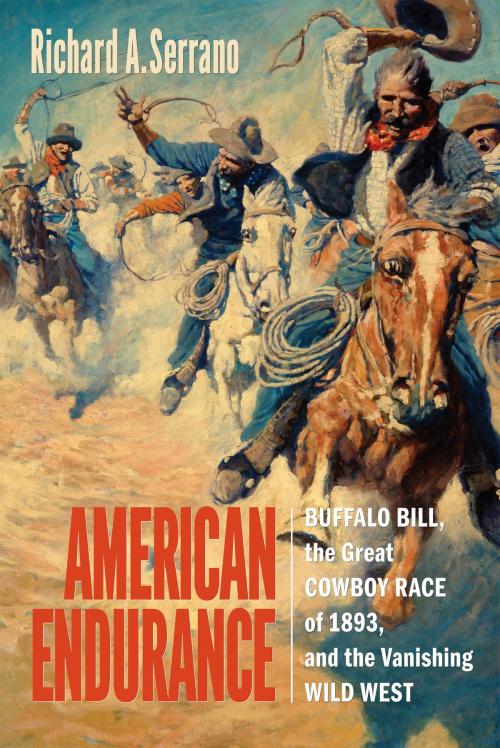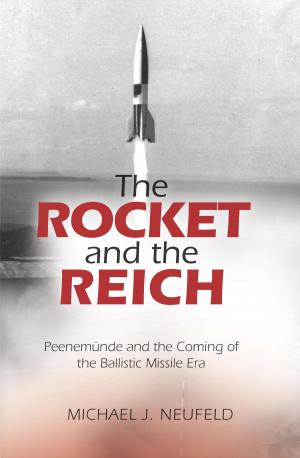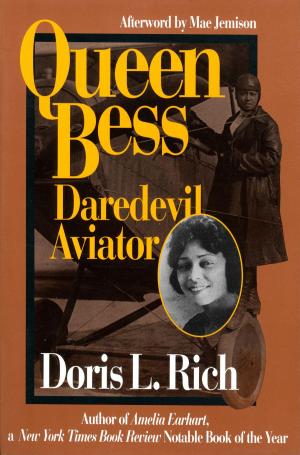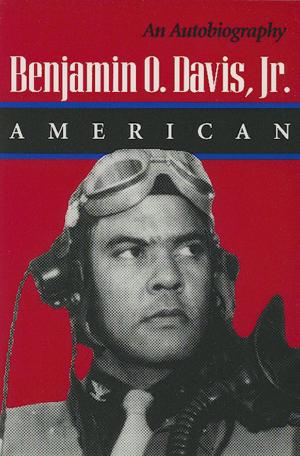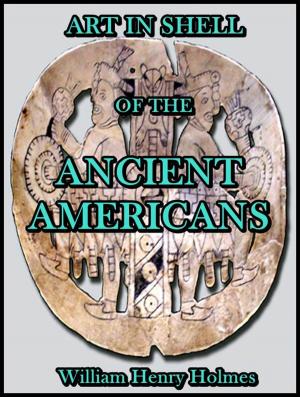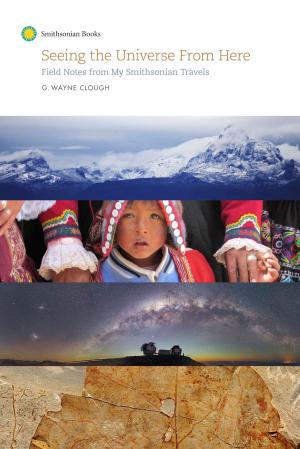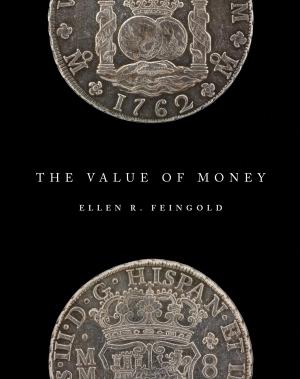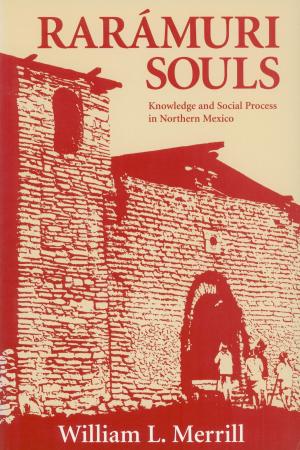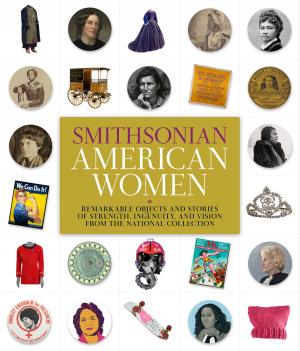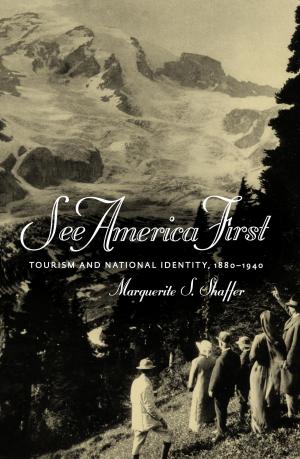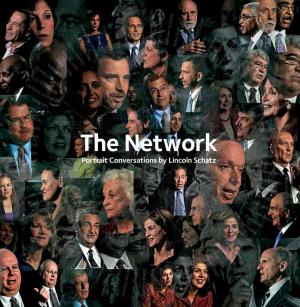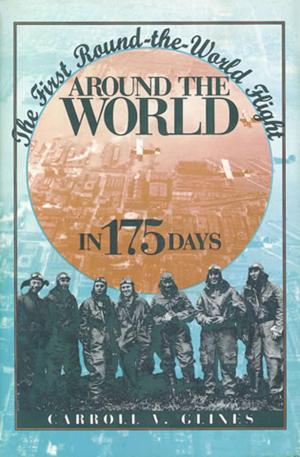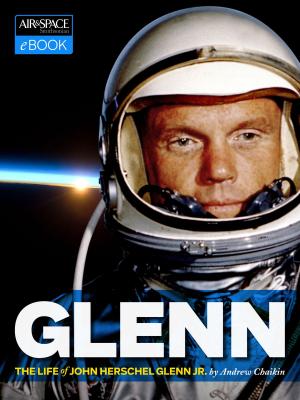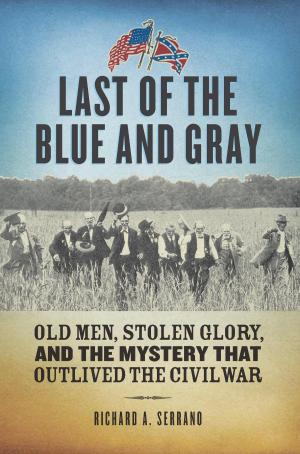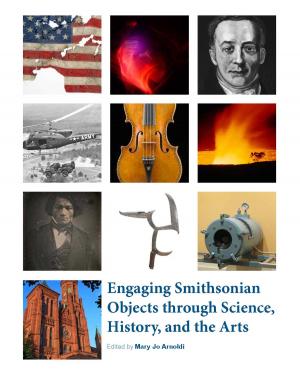American Endurance
Buffalo Bill, the Great Cowboy Race of 1893, and the Vanishing Wild West
Nonfiction, Sports, History, Americas, United States, 19th Century| Author: | Richard A. Serrano | ISBN: | 9781588345769 |
| Publisher: | Smithsonian | Publication: | October 4, 2016 |
| Imprint: | Smithsonian Books | Language: | English |
| Author: | Richard A. Serrano |
| ISBN: | 9781588345769 |
| Publisher: | Smithsonian |
| Publication: | October 4, 2016 |
| Imprint: | Smithsonian Books |
| Language: | English |
Pulitzer Prize-winning journalist and author Richard A. Serrano's new book American Endurance: Buffalo Bill, the Great Cowboy Race of 1893, and the Vanishing Wild West is history, mystery, and Western all rolled into one. In June 1893, nine cowboys raced across a thousand miles of American prairie to the Chicago World's Fair. For two weeks they thundered past angry sheriffs, governors, and Humane Society inspectors intent on halting their race. Waiting for them at the finish line was Buffalo Bill Cody, who had set up his Wild West Show right next to the World's Fair that had refused to allow his exhibition at the fair.
The Great Cowboy Race occurred at a pivotal moment in our nation's history: many believed the frontier was settled and the West was no more. The Chicago World's Fair represented the triumph of modernity and the end of the cowboy age. Except no one told the cowboys. Racing toward Buffalo Bill Cody and the gold-plated Colt revolver he promised to the first to reach his arena, nine men went on a Wild West stampede from tiny Chadron, Nebraska, to bustling Chicago. But at the first thud of hooves pounding on Chicago's brick pavement, the race devolved into chaos. Some of the cowboys shipped their horses part of the way by rail, or hired private buggies. One had the unfair advantage of having helped plan the route map in the first place. It took three days, numerous allegations, and a good old Western showdown to sort out who was first to Chicago, and who won the Great Cowboy Race.
Pulitzer Prize-winning journalist and author Richard A. Serrano's new book American Endurance: Buffalo Bill, the Great Cowboy Race of 1893, and the Vanishing Wild West is history, mystery, and Western all rolled into one. In June 1893, nine cowboys raced across a thousand miles of American prairie to the Chicago World's Fair. For two weeks they thundered past angry sheriffs, governors, and Humane Society inspectors intent on halting their race. Waiting for them at the finish line was Buffalo Bill Cody, who had set up his Wild West Show right next to the World's Fair that had refused to allow his exhibition at the fair.
The Great Cowboy Race occurred at a pivotal moment in our nation's history: many believed the frontier was settled and the West was no more. The Chicago World's Fair represented the triumph of modernity and the end of the cowboy age. Except no one told the cowboys. Racing toward Buffalo Bill Cody and the gold-plated Colt revolver he promised to the first to reach his arena, nine men went on a Wild West stampede from tiny Chadron, Nebraska, to bustling Chicago. But at the first thud of hooves pounding on Chicago's brick pavement, the race devolved into chaos. Some of the cowboys shipped their horses part of the way by rail, or hired private buggies. One had the unfair advantage of having helped plan the route map in the first place. It took three days, numerous allegations, and a good old Western showdown to sort out who was first to Chicago, and who won the Great Cowboy Race.
